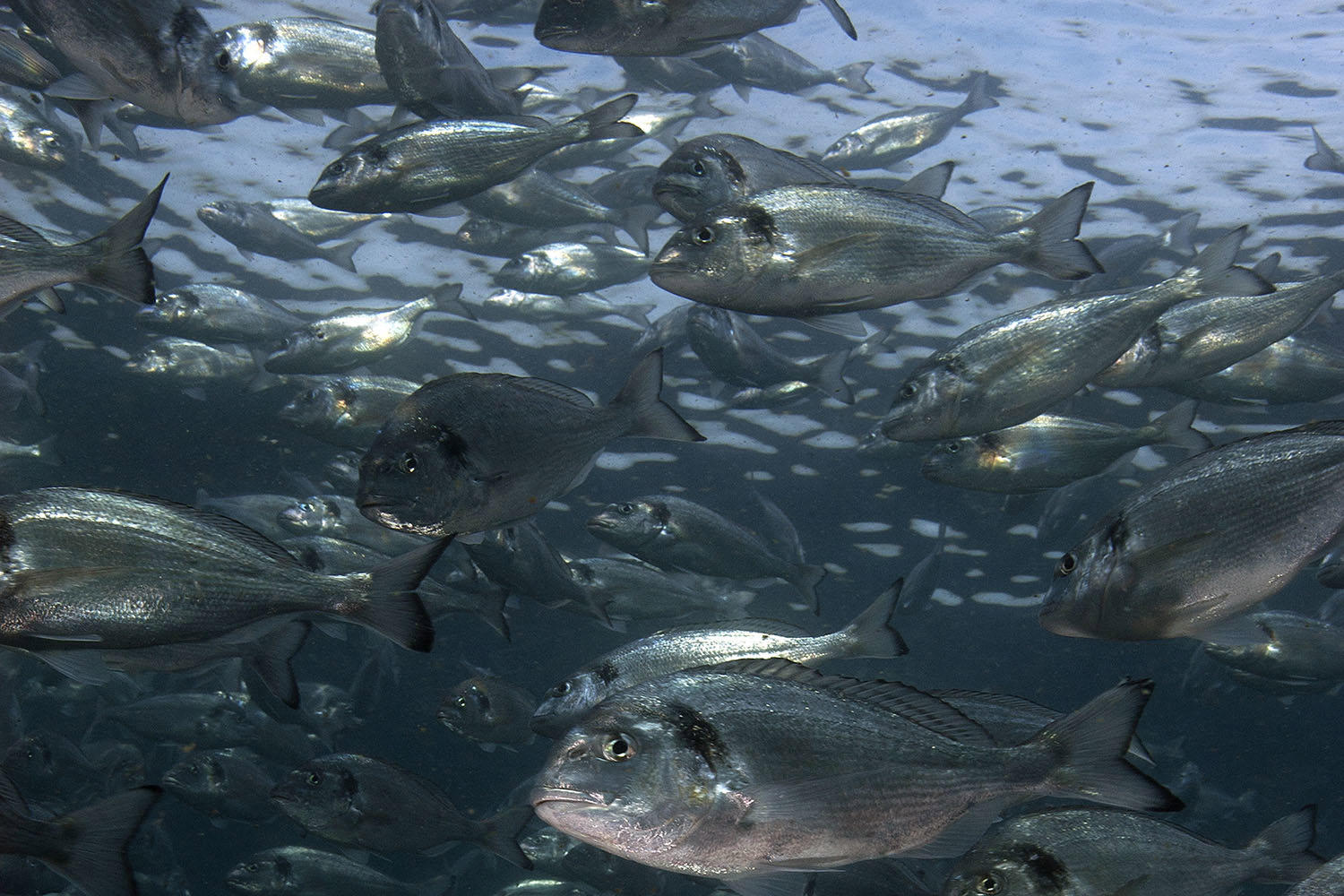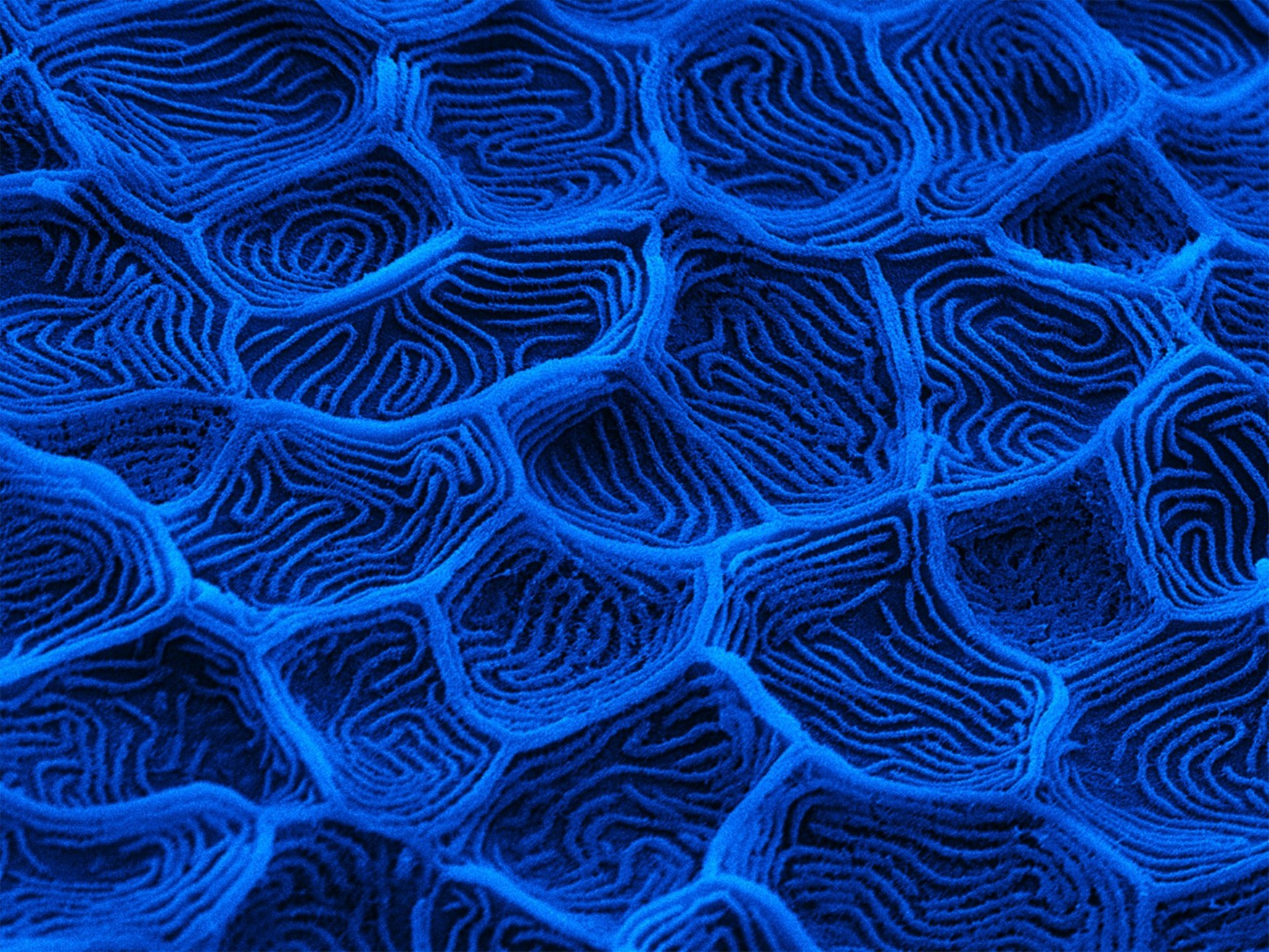As water temperatures drop down and the winter period approaches, Skretting would like to remind farmers about the important role of nutrition to mitigate the impact of Winter Syndrome on Mediterranean species.
Protec, getting your fish ready for the arrival of cold season

Unlike any other animal production industry, aquaculture is strongly dependent on environmental conditions. This can cause a risk to fish health due to temperature fluctuations, mainly in estuaries and sea cages. On top, marine species that are less cold-tolerant have to cope with climatic variations, low temperatures and salinity instability, forcing them to adapt to the new conditions.
One of the most concerning Mediterranean species for producers is sea bream, which is particularly sensitive to low temperatures. During the winter months, growth rate and health status suffer disruptions consequently reflecting impairment performance.
“Winter Syndrome" or "Winter Disease" is not caused by any specific pathogen, it is a multifactorial syndrome that involves metabolic collapse, organ dysfunction and immunosuppression, mainly due to low temperatures and reduced intake.
Therefore, as the winter progresses, fish have to cope with various situations: thermal stress, osmoregulatory imbalance, immunosuppression and nutritional deficiencies.
In recent years, the main economic impact on farms where conditions are favorable for suffering from winter syndrome is due to the loss of fish performance, which can reach 10-15% in weight loss, mainly in sea bream in their second winter, coinciding with sexual maturation.
In first winter gilthead seabream, external factors other than cold, such as stress associated with intensified production and secondary infections, have also been reported to play an important role.
On farms where temperatures remain below 15°C for long periods, this process can be particularly severe.
As there is no effective treatment for Winter Syndrome, it is crucial to be aware of the necessity to prevent the development of Winter Disease in marine fish species. In order to take action on it, the experts at Skretting recommend the use of Protec before the temperature drops and to maintain feeding Protec continuously until the temperature returns to the optimum for the species.
As there is no effective treatment for Winter Syndrome, it is crucial to be aware of the necessity to prevent the development of Winter Disease in marine fish species.
Protec, a functional diet developed by specialists at Skretting's Aquaculture Research Centre (ARC), has established itself in the industry as a remarkable preventive solution to mitigate the impact of Winter Syndrome on marine species and to reduce the risk of post-winter diseases.
Protec as a preventive diet during winter period
Julio Docando, Health Diets Manager for Skretting Southern Europe, explains: "The use of Protec as a preventive diet during the winter season reduces the occurrence of post-winter diseases; a clear example is the low incidence of "skin rash" on farms that use Protec on a regular basis. It also enhances healing capacity after an injury and growth during this period”.
The use of this nutritional solution requires a well-defined and organized management by the farmer, which favors productive strategies and efficient feed use. The recommendation of the experts is to start using this functional diet when temperature reaches to 18-19ºC and to maintain this feeding continuously until the temperature recovers back to 18-19ºC after the winter. In this way, Protec offers the best cost-benefit ratio, ensuring profitability to fish farmers.
